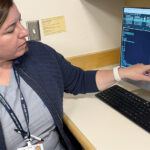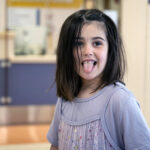‘Anything is possible’: The sky’s the limit for teen with cerebral palsy
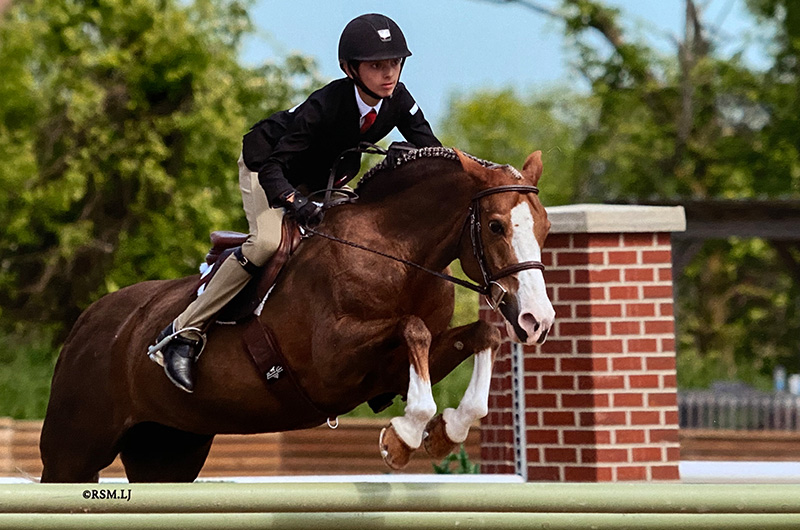
Jack Goldberg is on a mission. “I want other kids to see that if you work hard and put your mind to something, anything can be possible,” he says. “The sky’s the limit.” He should know. At 13, he competed in the National Finals to become one of Canada’s top-ranked pony jumpers in his division. He hopes to someday become a doctor, a businessman, or maybe even both. He also has cerebral palsy (CP) and epilepsy.
From the sidelines to the saddle
Jack wasn’t always so optimistic. Years earlier, he was on the sidelines as his peers played basketball, soccer, and hockey. “I knew I couldn’t play those sports,” he remembers. “For a long time, I allowed my ‘disability’ to define me.” That began to change when he watched his sisters compete in horse jumping, which is a bit of a family pastime.
“I started to really pay attention to it and realized that I wanted to try, too,” Jack says. He started horseback riding lessons at age 6 and began competing when he was 10 years old. He partly credits his first riding coach, Taylor Brooks, with motivating him to keep going. “She committed to me when I was a little kid because my CP meant she had to be more hands on with me,” he explains. “That made me want to commit to her and to the sport.” He also credits his current coaching team, the Millar family (Canada’s top show jumping professionals) with taking him into their program and further developing his riding.
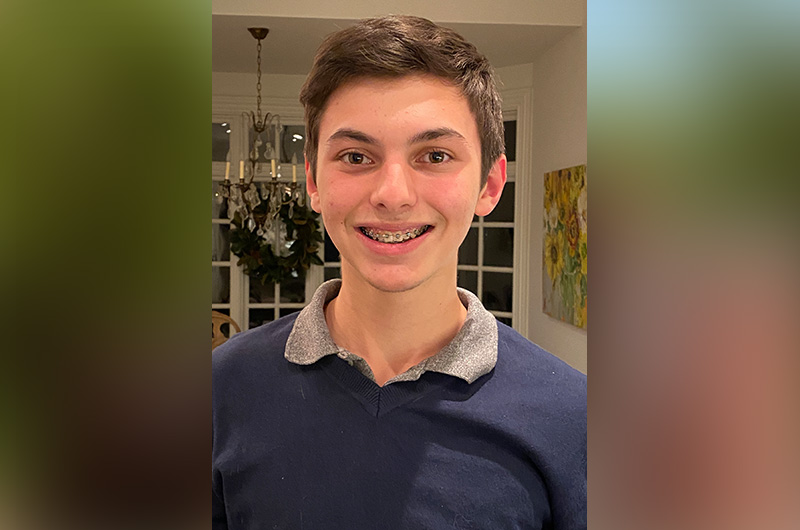
“I love being able to prove other people — and myself — wrong,” Jack says. “When your dreams finally become reality, it’s an amazing feeling.”
Seeing the bigger picture
That tenacity and positive attitude have paid off. Over the past several years, Jack has won or placed high in Canada’s provincial and national competitions for his age group. He recently took a season off, though, to undergo a procedure called a femoral osteotomy, in which the femur (thigh bone) is cut and then repositioned to improve his walking and balance.
The surgery, performed by Dr. Benjamin Shore, an orthopedic surgeon and co-director of the Cerebral Palsy and Spasticity Center at Boston Children’s Hospital, required a lengthy recovery that kept Jack off of his horse for most of 2019. But the payoff, he believes, will be worth it: The operation will improve his gait as well as change the cosmetic appearance of his affected leg. “It’s been tough, but I know it will help me in the long run,” he says.
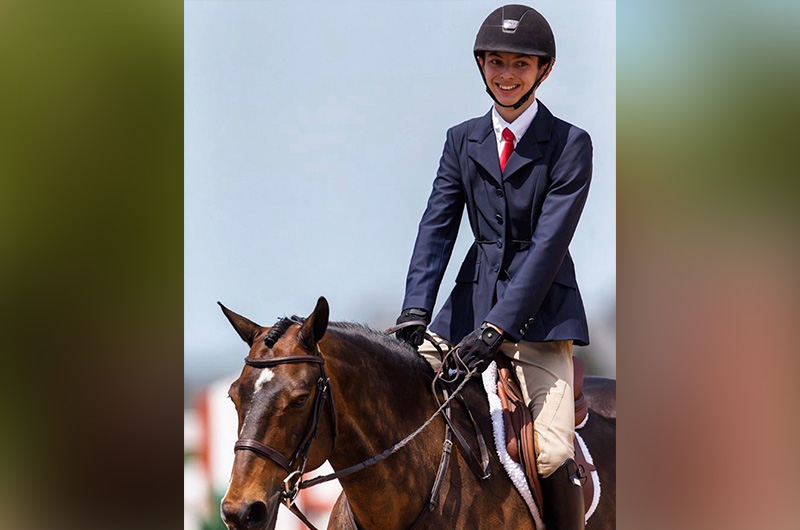
“When your dreams finally become reality, it’s an amazing feeling,” Jack says.
Lots of peaks and valleys
As he continues to heal, Jack has had the opportunity to reflect on his journey. “There have been lots of peaks and valleys,” he says. “I used to ask why this happened to me and worried that I would get laughed out of the arena if I tried to ride.”
But when he finally took a chance, he found that a new world opened up to him, from expanding his social circle to experiencing the thrill of success. “I love being able to prove other people — and myself — wrong,” Jack says. “When your dreams finally become reality, it’s an amazing feeling.”
The importance of reaching out
It’s a sense of determination that Jack says seems to come with the territory. “I don’t really even like to use the word ‘disability,’” he explains. “But I do think that people with CP and similar challenges have a higher amount of perseverance because we have to push through everything life throws at us.”
To that end, Jack has some advice for other kids with chronic conditions. “No matter how supportive your family is, no one can truly understand what it’s like to have a disability unless they have one, too,” he says. “A lot of people are going through stuff, and it’s okay if you’re not always okay. But it’s important to reach out and know that you’re not alone.”
Learn about the Cerebral Palsy and Spasticity Center.
Related Posts :
-

Ask a sports medicine specialist: Why are ACL tears so common among female athletes?
When an athlete is sprinting after an opponent who suddenly stops or changes direction, their anterior cruciate ligaments (ACLs) make ...
-

“Princess June” reigns supreme over Rasmussen syndrome
What do you call a “girly” 5-year-old who adores dolls and frilly nightgowns? If you’re one of June Pelletier’...
-

Forging a path back to school after orthopedic trauma
Orthopedic trauma can force children to miss school, sometimes for an extended period. But even when patients have regained enough ...
-

Thanks to Carter and his family, people are talking about spastic paraplegia
Nine-year-old Carter may be the most devoted — and popular — sports fan in his Connecticut town. “He loves all sports,” ...


